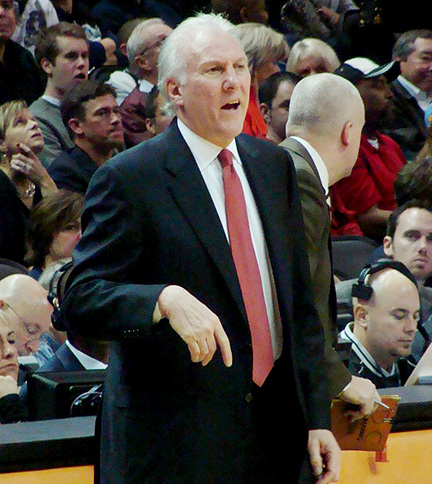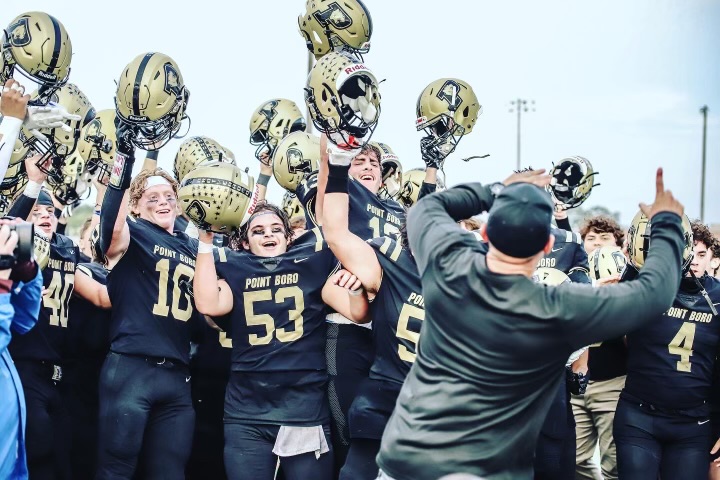The six commitments of great coaches
I once read an article that examined the six leadership commitments of five-time NBA champion head coach Gregg Popovich. Because he has been so successful, I thought I’d share the tips and put my own spin on how these help coaches.
1. Understand what motivates your players.

In practices and in games, we’ve got to know how to get our teams going. I often tell my teams that games aren’t the time for teaching — go play, and we’ll fix the mistakes later.
The same goes for us coaches. We’ve got to remember to use practice time to figure out how each player is motivated to learn, how they’re motivated to push themselves, and how they’re motivated to excel. In the same manner, we can use scrimmages to see how they’re motivated in stressful competitive situations.2. Do what it takes to be a champion.
Winning cultures win. I’m sure you’ve played against teams that couldn’t match your talent, but that other team had swagger and confidence. They expected to win more than your team hoped to win.
Before we can create a culture of winning, we must create a culture of success. Those who know me know how deep my love of John Wooden’s “Pyramid of Success” goes. He was a great motivator, but he also was a champion.
3. Be a learning leader.
Isn’t the coaching cliché that the best coaches steal from the best coaches? With so many coaches out there, I can’t think of a reason that we can’t all find someone to learn from. I believe in being a “coaching nerd” and learning from as many folks as I can, whether it’s another coach or a business leader.
4. Provide vision for your program.
What’s important to you? What is your coaching philosophy? How do you want your team to be perceived?
All of those things go into creating a vision for your program; then you go out and get it. Without knowing what you want, how will you know what players to recruit? Beyond that, how will your players know when they’re successful?
5. Put the team first.
Everything we do has to be about the team. Whether it’s being overly prepared for every drill, practice and game, or making sure you’re on the same page with your assistants. All of that puts the team first. Add to that all of the intangibles that we teach our athletes, they’ll appreciate that it’s “we before me” and model that behavior.
6. Have fun.
Hopefully you love your sport. Hopefully you love going to practice. Hopefully you love coaching. Hopefully you love your athletes (even when they’re driving you crazy). Hopefully you get along with your coworkers. If you have all of that, then you’re having fun.
Leading and coaching is not easy, but it’s an incredible job. We can learn from those folks who’ve not only been successful, but who’ve been continuously successful over a long period of time. So make the time.
Dawn Redd is the head volleyball and assistant track & field coach at Beloit College in Wisconsin.





